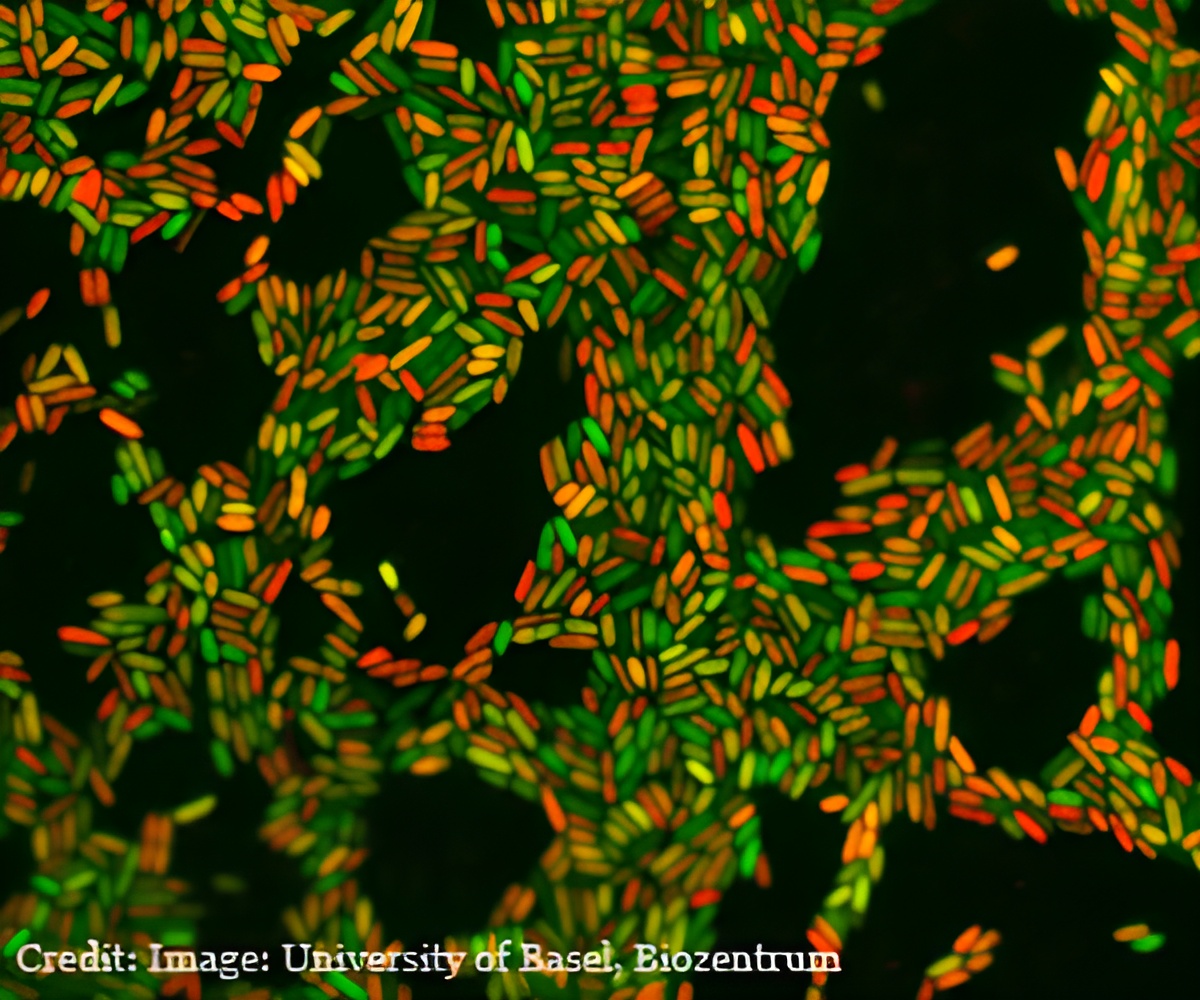University of Basel researchers have discovered that calcium induces chronic lung infections. This could have its implications on cystic fibrosis condition.

- Pseudomonas aeruginosa causes 10% of all nosocomial infections, in particular pneumonia
- Role of calcium in Pseudomonas aeruginosa bacterium identified
- Cystic fibrosis patients harbor calcium sensitive bacteria
In early and acute stages of pneumonia, the pathogen uses virulence factors to invade the host and evade its immune system. During the disease progression, the bacterium changes its game by switching from acute to chronic virulence.
This switching process halts the production of the virulence factors and instead results in the formation of a protective matrix which reduces its growth rate. Until now the environmental signals that direct this transition was unknown.
"In Pseudomonas a central signaling pathway senses environmental information and ultimately determines whether the pathogen will undergo the acute to chronic virulence switch," explains Jenal. "Although the components of this pathway are well-known, none of the external signals modulating the switch are defined."
Researchers have now identified that a receptor located in the bacterial cell envelope monitors the calcium concentration in the environment and transmits this signal into the cell.
Higher calcium levels trigger the switch to a chronic program: The bacterium protects itself with the matrix like structure, reduces its growth rate and thereby increase the drug tolerance and persistence.
Source-Medindia















